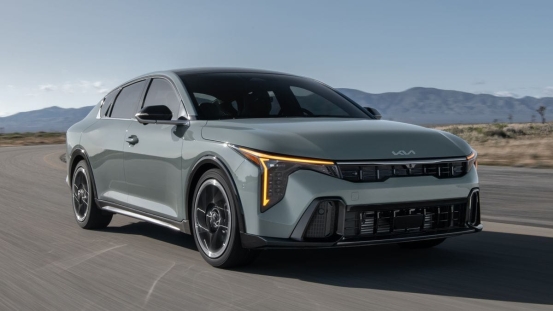

Leasing a new or electric car in Canada for roughly $200 per month with no initial payment remains highly uncommon in 2025. This article outlines the key factors shaping the leasing landscape, explains why such deals are rarely seen, and offers realistic advice for Canadian consumers looking for affordable lease options.
Leasing a new or electric car in Canada for roughly $200 per month with no initial payment remains highly uncommon in 2025. This article outlines the key factors shaping the leasing landscape, explains why such deals are rarely seen, and offers realistic advice for Canadian consumers looking for affordable lease options.

Leases promoting low monthly rates—around $200 with zero down payment—are typically tied to specific conditions. In Canada, market realities, credit criteria, and regional incentive limits make such offers hard to find.
1. Upfront Payments Are the Norm:
Low advertised monthly payments often hide higher due-at-signing costs. Dealers usually compensate for reduced monthly rates with upfront charges covering taxes, fees, depreciation, and incentives.
2. Regional and Incentive Variations:
While the U.S. occasionally sees state-level lease incentives (like in California), Canada’s programs vary widely between provinces. None currently provide consistent nationwide offers that deliver zero-down leases near $200 per month.
3. Manufacturer Leasing Practices:
Most automakers in Canada include deposits or down payments to manage financial risk, particularly for electric vehicles. Battery costs and resale values add to the cautious structuring of these programs.
4. Credit and Loyalty Requirements:
Top-tier lease deals often go to drivers with strong credit and may require brand loyalty or conquest offers. These conditions narrow eligibility for low-payment leases even further.
While few verified cases of sub-$200 leases exist, understanding the broader market gives context for what’s realistic:
Monthly Payments:
Entry-level EVs from mainstream brands generally lease for around $300 CAD or more per month, depending on location and model.
Upfront Charges:
Even promotional offers usually include administrative and tax fees, as well as potential security deposits. True “zero-down” leases remain uncommon.
Lease Terms and Mileage:
Shorter terms (around 24 months) or lower mileage limits (typically 12,000 km/year) may help reduce monthly costs but can increase total lease expenses over time.
Provincial Incentives:
Programs such as Quebec’s Roulez Vert or British Columbia’s Clean Energy Vehicle Program reduce purchase and lease costs but don’t generally bring monthly payments close to $200 without added rebates.
Prospective lessees should be aware of several standard requirements and steps when pursuing vehicle leases in 2025:
Credit Approval: Strong credit history improves chances of securing better terms and reduced upfront payments.
Due at Signing: Expect initial payments for administrative fees, taxes, and the first month’s lease. Zero-down leases remain the exception.
Lease Duration: Common lease lengths are 24 to 48 months, balancing flexibility with affordability.
Mileage Caps: Most leases limit annual driving to 12,000–16,000 km. Exceeding the cap results in additional charges.
Manufacturer Incentives: Some brands offer temporary lease promotions tied to loyalty, trade-ins, or end-of-year campaigns.
Vehicle Availability: Demand for newer EV models may limit available leasing stock, especially in urban centers.
Even if a $200/month no-down lease is rare, there are ways to secure affordable arrangements:
The Canadian electric vehicle leasing market continues to expand as adoption grows, but pricing remains influenced by production costs, limited incentives, and regional policy variations.
The federal iZEV program provides up to $5,000 in rebates for qualifying EVs. These incentives can offset purchase or lease costs but rarely reduce monthly rates to the $200 level without additional discounts.
Popular EVs like the Nissan Leaf, Hyundai Kona Electric, Kia Niro EV, and Volkswagen ID.4 currently lease at rates starting around $300 CAD per month, depending on location and lease terms.
Although future programs may offer more affordable structures, as of 2025, confirmed $200/month no-down-payment leases remain unavailable in Canada.
For Canadians exploring lease options on new or electric cars in 2025, aiming for around $200 per month without any down payment is largely unrealistic. Most low monthly offers still require some upfront cost and are tied to strict eligibility or credit criteria.
To optimize your leasing strategy:
Research both federal and provincial EV programs.
Explore manufacturer promotions and dealership incentives.
Be ready for reasonable initial payments or slightly higher monthly costs.
Consider lease brokers or flexible timing to secure better deals.
By approaching the leasing market with realistic expectations and updated information, Canadian consumers can still find competitive and practical options for both new and electric vehicles—even if the target of $200/month with zero down remains out of reach for now.
Disclaimer: The information provided here is for general informational purposes only. Lease programs, incentives, and vehicle availability are subject to change without prior notice. Always verify details directly with dealerships and financial providers before signing any agreements.